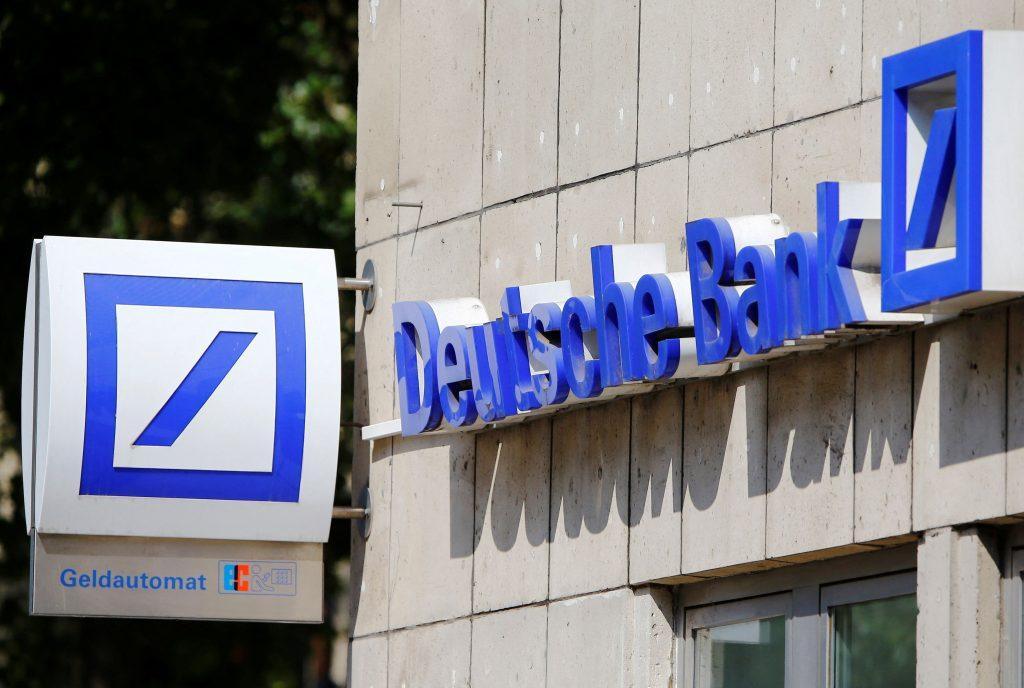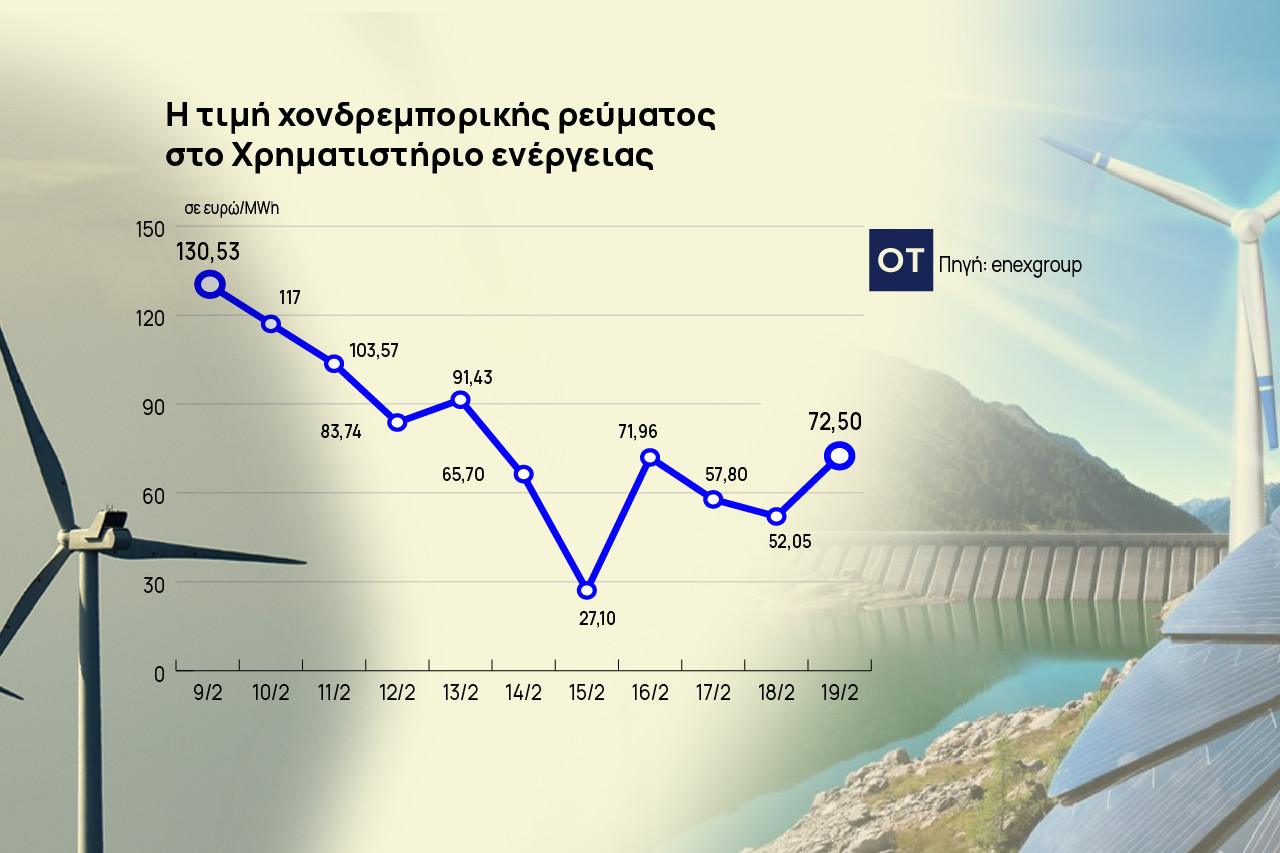Greece’s Capital Market Commission has introduced a new framework governing cryptocurrency businesses, aligning national rules with the European Union’s MiCA regulation. The changes, published in the Government Gazette, overhaul the way companies can enter and operate in the country’s crypto market.
Stricter Licensing Process
Under the new rules, companies offering services such as exchanges or digital wallets must undergo a rigorous licensing procedure. Businesses are no longer able to simply open an office in Greece to operate. Instead, applicants must attend a preliminary meeting with regulators, then submit a complete dossier including a business plan, details of shareholders and management, and mechanisms to protect customers.
Applications missing documentation will be returned, while approvals or rejections are issued within 40 working days. Platforms that fail to secure a license will be barred from offering services to Greek customers.
European Seal of Reliability
Licensed providers will carry what regulators describe as a “European stamp of reliability,” giving investors confidence to assess services before committing funds. Even large international exchanges serving millions of users, such as Binance, will need to comply with the new framework to continue operating in Greece.
Focus on Transparency and Compliance
The updated framework also strengthens oversight against money laundering and tax evasion. Authorities including the Anti-Money Laundering Authority and the Independent Public Revenue Authority will be able to monitor capital flows, conduct “source of funds” checks, and even freeze digital assets in cases of suspicious activity.
Taxation on the Horizon
Decisions on crypto taxation are expected in the autumn, following proposals from a government task force. The baseline scenario foresees a 15% tax on capital gains—the difference between purchase and sale prices—while higher rates could apply to companies. Authorities are also considering imposing 24% VAT on certain crypto-related services.
Additionally, individuals may be required to declare digital assets in their annual income tax forms, with a final decision expected to be announced by the Prime Minister during the Thessaloniki International Fair in September.
Modern Oversight Tools
Regulators plan to employ advanced tools to trace suspicious crypto transactions and potential money laundering routes. Recent meetings between the Capital Market Commission, the Anti-Money Laundering Authority, and exchange representatives underscored the government’s commitment to tightening oversight in line with international standards.
Source: tovima.com





































